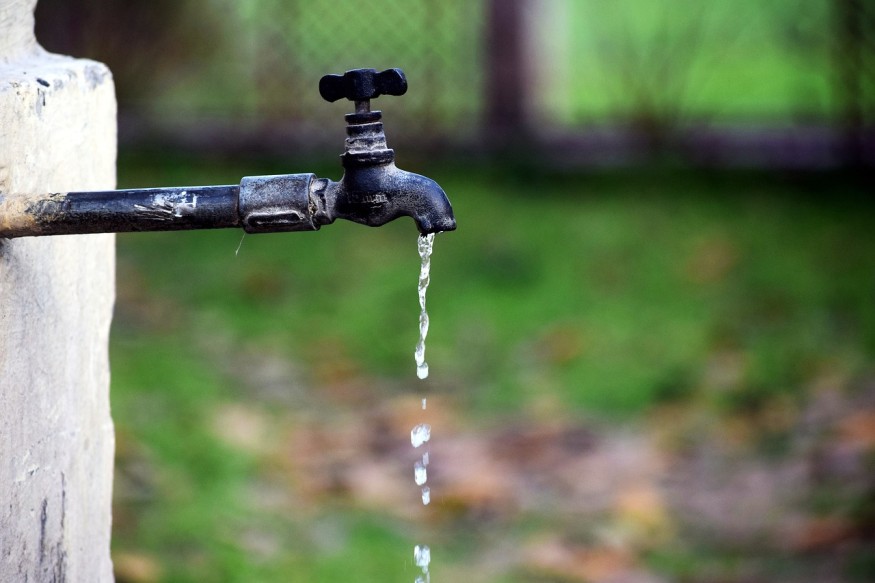
In today's world, the issue of water scarcity is rising at an alarming rate. According to UNICEF, around 4 billion people experience severe water scarcity for at least one month every year. Moreover, it is expected that half of the world's population will be living in areas facing water scarcity at the beginning of 2025. So, it is high time to counter this rising issue with the power of modern technologies and tools. The new advanced technologies can help us change the overall approach to conserving the precious source of life on earth.
Let us go through some of the innovations that will help mankind counter the issue of water scarcity and help conserve water for future generations.
Next-Gen Solutions to Reduce Water Wastage
The next solution, powered by modern technologies like AI, ML, Big Data, etc., will help conserve water by reducing its wastage in different industries and sectors. FIDO Tech is one such company that offers smart and reputed solutions that can help detect leaks in the existing system and reduce overall water wastage. The company uses the power of AI and ML to identify the areas of the leaks, which allows the company to mitigate the issue as soon as possible and reduce water wastage.
Farming is another key sector where technology can reduce water wastage. Companies in the sector are investing in smart irrigation systems that analyze different elements and offer an optimum supply of water to the land. This ensures that the proper utilization of water for the crop is ensured and that there is no unnecessary wastage.
Besides all this, several companies around the world are investing in smart desalinization technology that will aim to make saltwater usable for consumption. This will reduce the dependency of industries on using the freshwater, which will conserve it for the upcoming generations.
Rainwater Harvesting
Rainwater harvesting is a key strategy in water conservation. It is a sustainable solution where a proper innovative system can capture the rainwater, store it, and then utilize it in the areas that are facing the issue of water scarcity. This will reduce the dependency on public water supplies, which will help in conserving water for future generations.
Moreover, rainwater harvesting offers several benefits to humans and other ecosystems. It reduces the water runoff level, further reducing soil erosion, which is another rising environmental issue. Moreover, humans can invest in the smart rainwater harvesting system and reduce their overall cost in the long run by saving money on water bills. These systems are pretty easy to install and maintain.
The best thing is that rainwater harvesting systems can be installed in both rural and urban settings. Urban homes can install rooftop rainwater harvesting systems and use the collected water in daily activities. On the other hand, rural areas can use the collected water for livestock and irrigation purposes. In short, the strategy allows us to save water and protect the resource for the next generation.
Making Smart Choices in Day-to-Day Activities
Making smart choices in daily activities is a powerful way to counter water scarcity and promote sustainable water use. You can opt for simple actions like fixing leaks promptly, which can prevent significant water wastage. Moreover, you can opt for water-efficient fixtures like low-flow showerheads and faucets, dual-flush toilets, etc, to reduce the overall water consumption without sacrificing performance.
On top of all this, conscious water use extends to everyday habits like turning off the tap while brushing teeth, taking shorter showers, and running dishwashers and washing machines with full loads. You have to remember that every small effort adds up, making a substantial difference in combating water scarcity.
Final Verdict
Here are some smart innovations and strategies that can help counter the issue of water scarcity. It is essential to spread awareness of water recycling and reusing to conserve it for future generations. Water is the prime source of life on earth, and everyone is responsible for protecting it. Even small actions in daily activities will lower water wastage and help conserve water so that everyone can use it.
© 2025 NatureWorldNews.com All rights reserved. Do not reproduce without permission.





